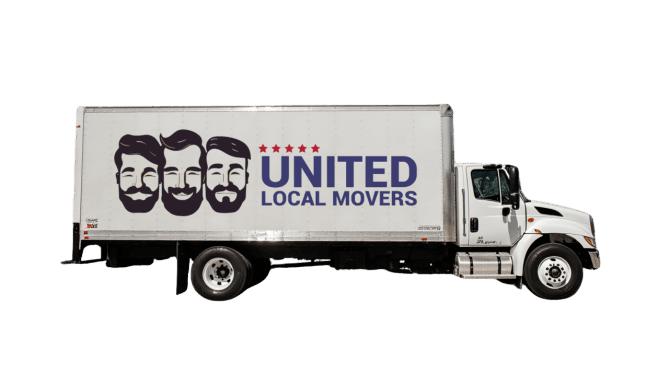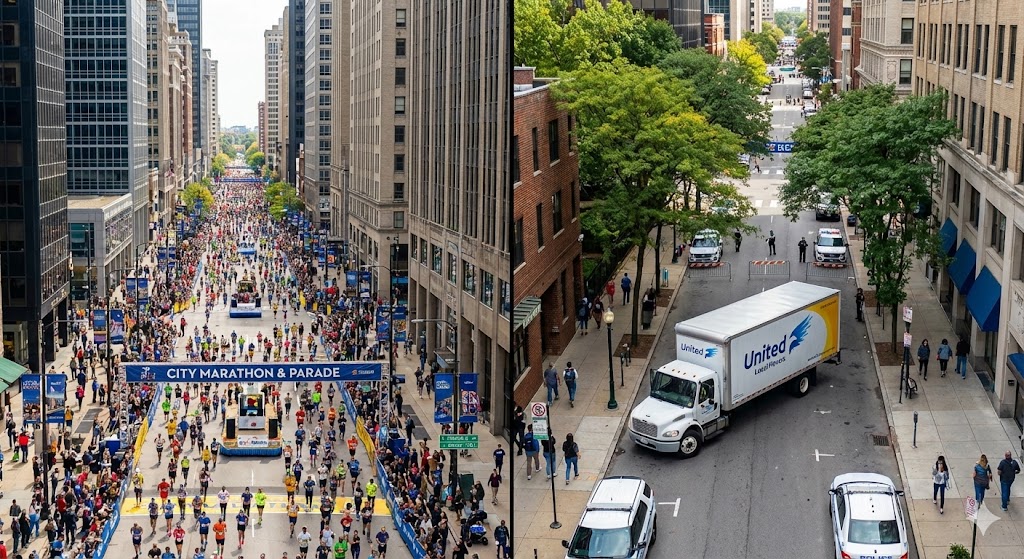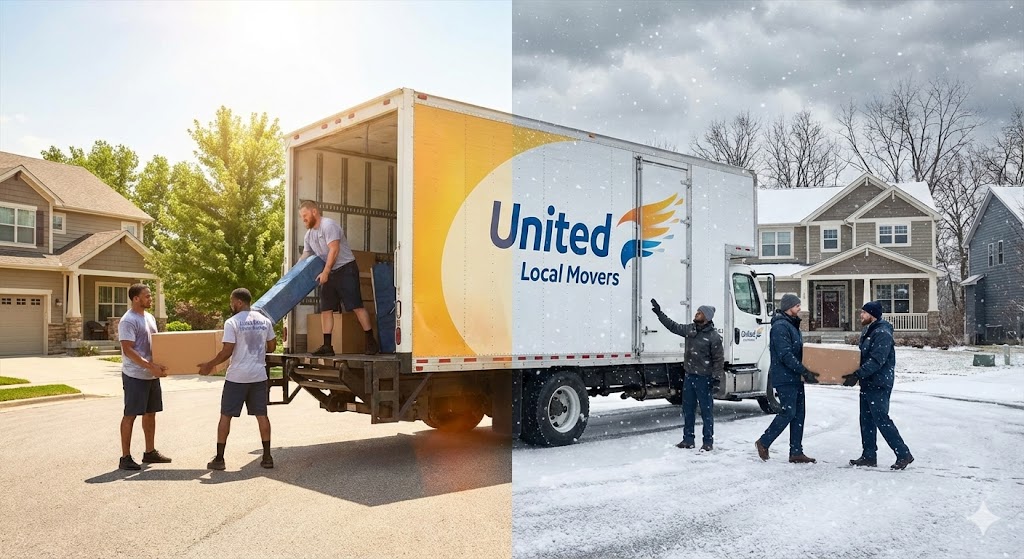One of the most overlooked parts of moving is something small but critical — your mail. Important letters, bills, tax documents, and even packages can get lost in the shuffle if you don’t update your address properly. Fortunately, setting up a change of address and USPS mail forwarding is simple, fast, and can save you a lot of stress after your move.
This guide walks you through everything you need to know to make sure your mail follows you to your new home without interruptions or delays.
Why Changing Your Address Is So Important
When you move, your old mailbox doesn’t know where to find you — and neither do the companies and agencies that send you mail. Failing to update your address can lead to:
- 📬 Missing bills, statements, or legal documents
- 🏦 Late payments and service interruptions
- 🧾 Problems with tax filings and insurance
- 🛑 Potential identity theft if mail is delivered to your old address
- 📦 Missed deliveries and delayed packages
That’s why your address change should be part of your core moving checklist — ideally handled as soon as you know your moving date.
Step 1: Submitting an Official Change of Address With USPS
The easiest and fastest way to forward your mail is through the USPS Change of Address service. You can do this:
- 🌐 Online at USPS.com (takes about 5 minutes)
- 📄 In person at any local post office
Here’s what you’ll need to provide:
- 📛 Your full name (and any household members if applicable)
- 🏡 Your old and new addresses
- 📅 The date you want mail forwarding to start
- 💳 A valid credit or debit card for the $1.10 identity verification fee
Once your request is processed, you’ll receive a USPS confirmation letter at your new address. Mail forwarding usually begins within 7–10 postal business days.
Step 2: Understanding USPS Mail Forwarding Options
USPS offers several forwarding options depending on your needs:
| Service | Duration | Best for |
|---|---|---|
| Standard Mail Forwarding | Up to 12 months | Permanent residential moves |
| Premium Forwarding Service | Custom (weekly delivery) | Temporary relocations, frequent travelers |
| Temporary Change of Address | 15 days to 6 months (extendable) | Short-term moves, seasonal relocations |
For most people, Standard Mail Forwarding works perfectly after a move. If you’re relocating temporarily or frequently, Premium Forwarding might be a better fit.
Step 3: Forwarding Doesn’t Cover Everything
Mail forwarding is a safety net — but it’s not a substitute for updating your address directly with key institutions. USPS forwarding won’t work for:
- 🏦 Some banks and credit cards
- 📦 Certain packages or carriers other than USPS
- 📄 DMV notices in many states
- 💻 Subscriptions that require address verification
That’s why you still need to update your address with important senders individually.
Step 4: Who to Notify About Your Address Change
Forwarding covers mail that slips through, but the best practice is to update your address with every major service and institution. Create a checklist that includes:
- 🏦 Banks, credit cards, and investment accounts
- 🏢 Employer and payroll departments
- 💰 IRS and state tax authorities
- 🏥 Health insurance and medical providers
- 📺 Internet, phone, and utility companies
- 🛍️ Online stores and subscription services
- 📚 Schools, universities, or child care facilities
- 🏡 Insurance companies (home, auto, renter’s, life)
Making these updates early reduces the risk of missed bills, late fees, or lost correspondence.
Step 5: Timing Your Address Change Strategically
When you submit your Change of Address with USPS, you can select a start date. The best time to schedule this is:
- 📅 5–7 days before your actual moving date
- 🧭 So forwarding begins as soon as you’ve officially relocated
- 📦 And there’s minimal overlap between old and new mail delivery
This ensures a smooth transition with little to no gap in mail service.
Step 6: Setting Up Mail Forwarding for Every Household Member
If multiple people in your household receive mail, you need to file individual Change of Address forms for each person — especially if you don’t share the same last name. This ensures that:
- 📬 Each person’s mail is correctly forwarded
- 📦 USPS doesn’t reject mail addressed to others
- 🏡 Forwarding works seamlessly for the entire household
You can also submit a family COA if everyone has the same last name and is moving to the same address.
Step 7: Update Your Address for Packages and Deliveries
Remember: USPS forwarding won’t automatically cover shipments from private carriers like UPS, FedEx, DHL, or Amazon. To avoid missed packages:
- 📦 Update your shipping address in your Amazon, eBay, and other online store accounts
- 🚛 Change the address directly with carriers for active shipments
- 📬 Enable delivery notifications so nothing slips through the cracks
Handling this early prevents lost or returned packages during your transition.
Step 8: Secure Your Old Mailbox
Even after forwarding begins, some mail may still arrive at your old address. Protect yourself from lost mail or identity theft:
- 🔐 Inform the new residents or landlord of your forwarding status
- 📪 Leave a note in the old mailbox with your forwarding reminder (optional)
- 📬 Ask a trusted neighbor or friend to keep an eye on mail for a short period
This simple step adds an extra layer of security during the first few weeks after the move.
Step 9: Consider a PO Box for Extra Flexibility
If you move frequently or want a stable mailing address, a USPS PO Box can help. Benefits include:
- 📮 A permanent, secure address that doesn’t change with every move
- 📦 Fast and reliable mail pickup
- 🔐 Added security for sensitive documents
This is especially useful for people who relocate for work or split time between residences.
Step 10: Double-Check Your Address Everywhere
Even the most organized movers sometimes miss a subscription or account. A quick review after your move can catch lingering updates. Check:
- 🧾 Streaming subscriptions and online services
- 🧾 Loyalty programs and memberships
- 🧾 Medical billing offices and pharmacies
- 🧾 State licensing or registration agencies
Doing one final sweep ensures nothing important gets lost down the line.
Working With a Professional Moving Company
Professional movers like United Local Movers know how stressful post-move tasks can be. Many customers find it easier to plan address changes and mail forwarding in parallel with their moving schedule to minimize disruptions.
Keeping Your Mail on Track After a Move
Mail forwarding might not be as exciting as unpacking your new kitchen or decorating your living room, but it’s one of the most important administrative steps in any relocation. A smooth change of address keeps your bills, deliveries, and personal information secure — so nothing falls through the cracks.
With United Local Movers, your relocation becomes safer, faster, and stress-free — right down to the last letter in your mailbox.





